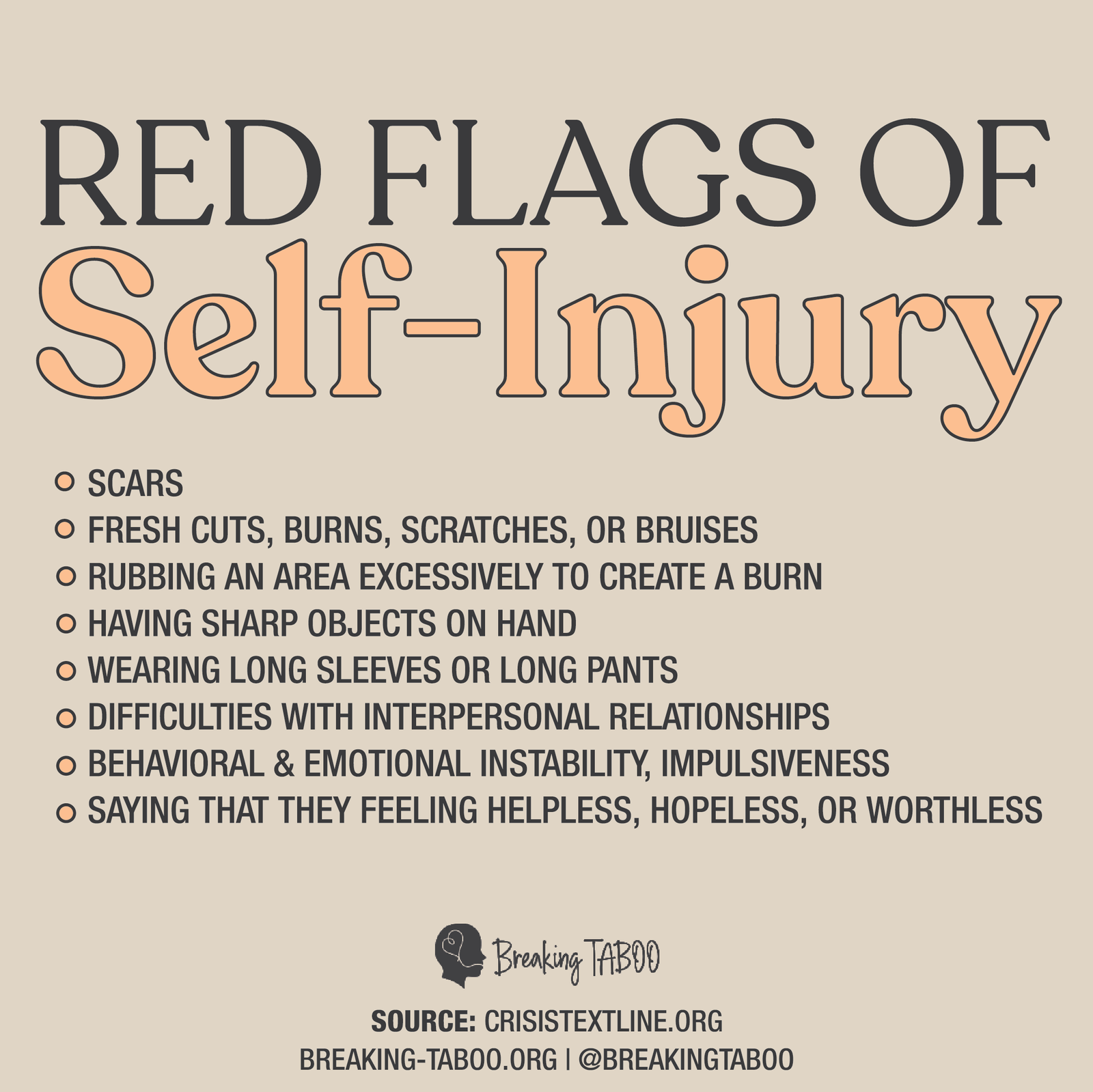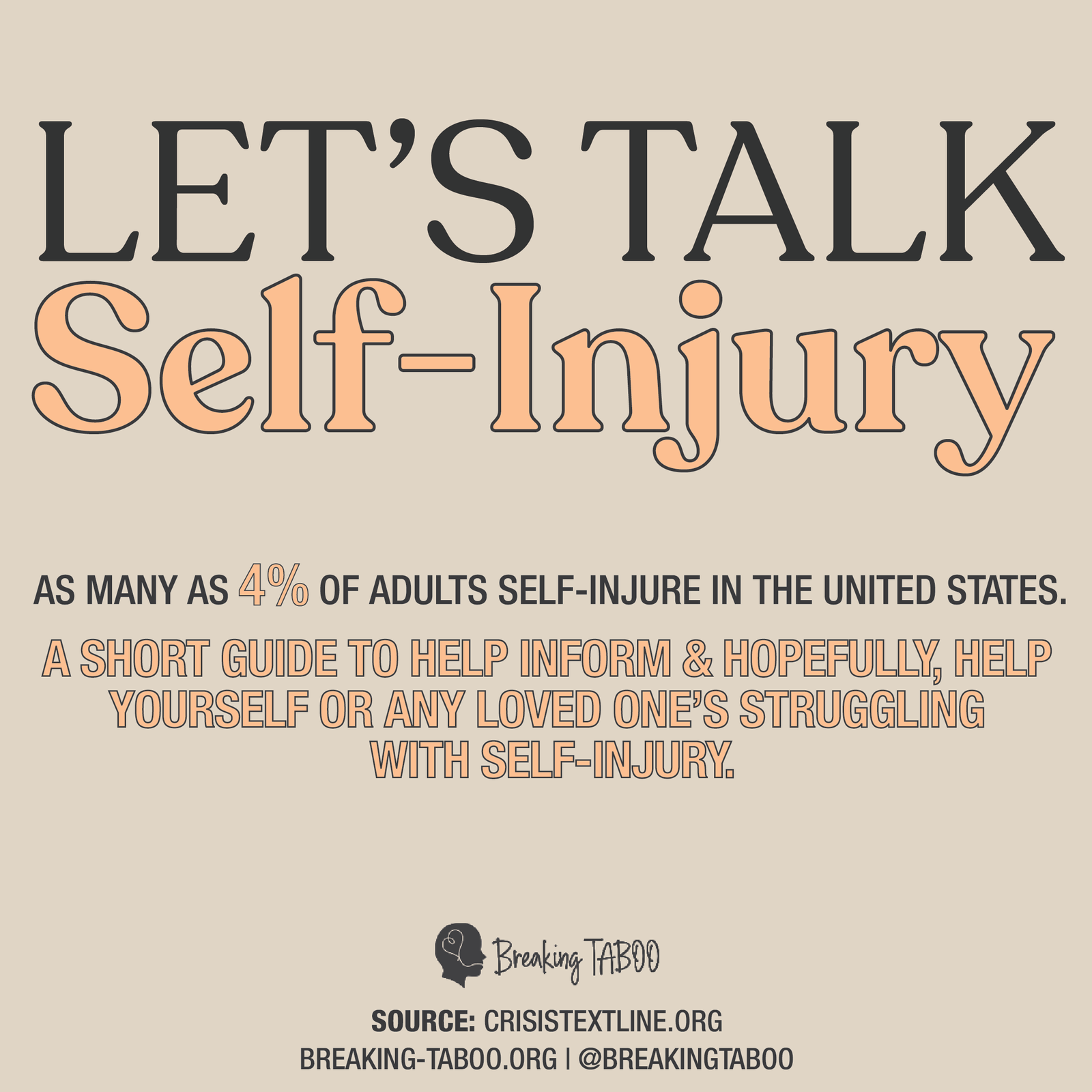What is a panic attack? How long do they last? Are they scary?
A panic attack is psychological and is an overreaction of your adrenal system. A panic attack can happen within a moment’s notice. They occur because there is a sense of danger and your mind and body start to react to it. Panic disorders, like other mental illnesses, they are a mixture of genetics, family history, environmental factors, and trauma. They can last anywhere from 10 minutes to 30 minutes and they can happen anywhere at any time.
Panic attacks can be incredibly scary and happen quickly. According to many people who suffer from panic disorders, they often feel a racing heartbeat, feeling faint & dizzy, tingling & numbness, sweaty, chills, chest pains, shallow breathing, and a sense of terror. Scary, right? Many people who have a panic attack for the first time end up in the emergency room because they aren’t aware that these things are symptoms of a panic attack and mistake it for a heart attack.
There aren’t any known causes of panic attacks, but doctors do know that genetics and high levels of stress play a role in it. It’s also known that certain situations can trigger them. It can be terrifying to suffer from a panic attack and while they aren’t dangerous, you should seek medical help as soon as you can. It can be incredibly difficult to manage on your own and they could get worse without treatment.
Almost 6 million adults in America have panic disorder, marked by panic attacks and 2-3% of Americans will experience panic disorder in a given year and it’s twice as common in women than in men. This is a huge number and it should be talked about more than it is. If you suffer from panic attacks, it’s important to seek treatment before they get worse or become more frequent and stick with a treatment plan. I’m sure everyone has heard this before, but get regular exercise because it can play a role in protecting against anxiety.
So let’s talk about this, do you or someone you know suffer from anxiety or panic disorder? What are the ways you cope? Do you think this should be talked about more than it is? Should there be more education around it? Let us know below because we want to hear your comments!
Katherine Waldron



